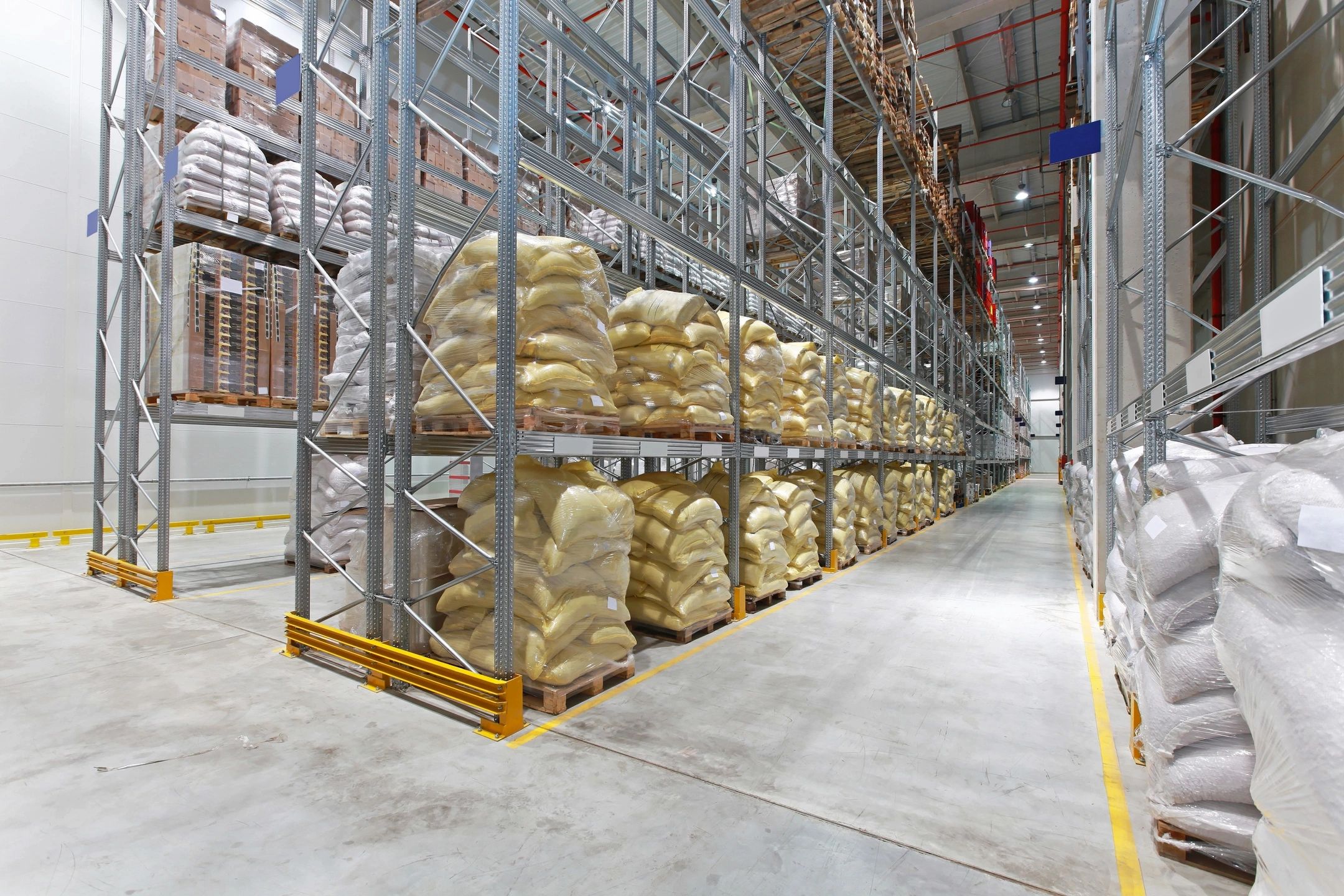According to a recent report on food insecurity and poverty in Toronto, the number of individuals depending on food banks has experienced a twofold increase this year. The annual report, titled “Who’s Hungry,” was released on Tuesday by two Toronto-based charities, the Daily Bread Food Bank and North York Harvest Food Bank.
As per the report, Toronto witnessed a record-breaking annual surge in food bank visits, reaching 2.53 million this year, which reflects a 51 percent year-over-year increase—the highest reported increase to date.
“Skyrocketing housing costs, food inflation, stagnating wages, and insufficient income supports are pushing more and more households into poverty,” “If usage rates continue, we will exceed 3 million visits by the end of the year,” the report noted.
This year has seen a 154 percent rise in new clients accessing food banks in Toronto.
“We are adding 12,000 Torontonians to the registry of food banks every single month and the majority of those are people who are employed,” Neil Hetherington, the CEO of the Daily Bread Food Bank, Food banks in Toronto have experienced a 154 percent surge in new clients throughout the current year.
According to the report, individuals utilizing food banks have a median monthly income of $1,131, significantly lower than Toronto’s official poverty line, currently set at $2,302 for a single individual. Approximately 89 percent of food bank clients reside in unaffordable housing, with a quarter of them allocating 100 percent of their income toward housing costs, placing them at a “high risk for homelessness,” as outlined in the report.
The report highlighted that 18 percent of food bank clients with disabilities face barriers in accessing the Ontario Disability Support Program (ODSP), leaving them dependent on Ontario Works, a program that offers only $733 per month for an individual.
Furthermore, the report advocates for the inclusion of 300,000 permanently affordable and supportive housing units in the provincial government’s initiative to construct 1.5 million new homes in Ontario over the next decade. Specifically, the report emphasizes that at least 50,000 of these units should be located in Toronto.

